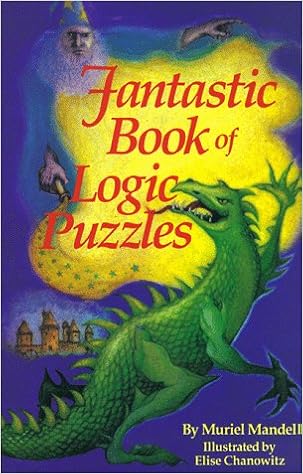

At present, despite its importance for fundamental phenomena and potential applications, many-body entanglement is poorly understood theoretically and eludes experimental investigations. This project addresses a frontier of modern quantum physics, entanglement in strongly correlated many-particle systems. It will elucidate fundamental theoretical questions of relevance to strongly correlated matter at large, and it will deliver a new generation of detection tools that can find application in other platforms. The impact of this project will reach far beyond its immediate field. To achieve these goals, StrEnQTh builds on (i) my expertise at the interface of quantum optics and information with quantum many-body theory (ii) previous works and preliminary results that minimize risks (iii) fruitful synergies between the goals (iv) a high versatility of the developed methods. Further, by introducing a new paradigm of detection by dissipation, unequal-time correlators become available as a novel toolset for witnessing many-body entanglement. By exploiting the untapped potentials of time-reversing quantum dynamics and measuring high-order correlations, mixed-state entanglement becomes accessible. By implementing crucial improvements on a tensor-network method, thermalization dynamics in gauge theories becomes tractable, especially hydrodynamization after heavy-ion collisions. By designing a dedicated quantum resource theory, I will establish a novel framework for topological long-range entanglement. StrEnQTh adopts a radically novel approach to force a breakthrough in each of these challenges, concentrating on specific targets motivated by next-generation AMO setups. Three fundamental challenges are blocking further progress: there are infinitely many classes of many-body entangled states, the calculation of real-time quantum dynamics is inherently difficult, and the quantification of many-particle entanglement remains a hard experimental challenge. Summary This project addresses a frontier of modern quantum physics, entanglement in strongly correlated many-particle systems.

(-) Remove Poland (2) filter Poland (2).(-) Remove Norway (2) filter Norway (2).(-) Remove Netherlands (26) filter Netherlands (26).(-) Remove Italy (39) filter Italy (39).(-) Remove Israel (15) filter Israel (15).(-) Remove Ireland (1) filter Ireland (1).(-) Remove Hungary (3) filter Hungary (3).

(-) Remove Greece (1) filter Greece (1).(-) Remove Germany (76) filter Germany (76).(-) Remove France (63) filter France (63).(-) Remove Finland (1) filter Finland (1).(-) Remove Denmark (10) filter Denmark (10).(-) Remove Czechia (1) filter Czechia (1).(-) Remove Croatia (1) filter Croatia (1).(-) Remove Belgium (8) filter Belgium (8).(-) Remove Austria (15) filter Austria (15).(-) Remove Unselect all filter Unselect all.(SH) Social Sciences & Humanities (1115) Apply (SH) Social Sciences & Humanities filter.(LS) Life Sciences (1677) Apply (LS) Life Sciences filter.(PE) Physical Sciences & Engineering (2245) Apply (PE) Physical Sciences & Engineering filter.


 0 kommentar(er)
0 kommentar(er)
